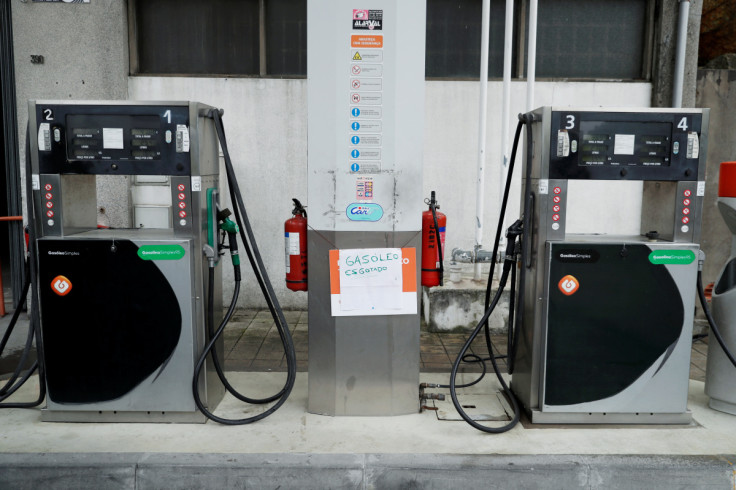Portugal approves windfall tax on energy firms, food retailers
Portugal's parliament on Tuesday approved a 33% tax on the windfall profits that energy companies and food retailers may be bringing in with inflation at a near three-decade high.

Portugal's parliament on Tuesday approved a 33% tax on the windfall profits that energy companies and food retailers may be bringing in with inflation at a near three-decade high.
Tax affairs chief at the Finance Ministry, Nuno Felix, said the new "exceptional and strictly temporary" tax was in line with that approved by the European Union for the energy sector.
In Portugal, this tax targets the excess profits of companies operating in the crude oil, natural gas, coal and refinery sectors, but also those of food retailers. It was proposed by the Socialist government that has an outright majority of parliament seats.
"The new tax aims to have a redistribution of these excess profits in an inflationary context ... there has to be social justice," Felix told parliament before the vote.
According to the approved scheme, the share of profits of those companies that exceeds 20% of the average profits in the previous four years will be taxed at 33%. The new rate will apply in 2022 and 2023.
In Portugal, the standard rate on corporate profits is 21%.
The profit of Portuguese oil & gas Galp rose 86% in the first nine months, but the company said this was essentially due to its production in Brazil and Angola, which benefited from the rise in crude prices, and not to its domestic business.
Portugal's second-largest retailer Jeronimo Martins posted a 29% rise in January-September net profit, as soaring inflation drove sales figures higher.
Portuguese consumer prices rose 9.9% year-on-year in November, slowing slightly from 10.1% in the previous month, which was the highest in three decades.
Copyright Thomson Reuters. All rights reserved.





















